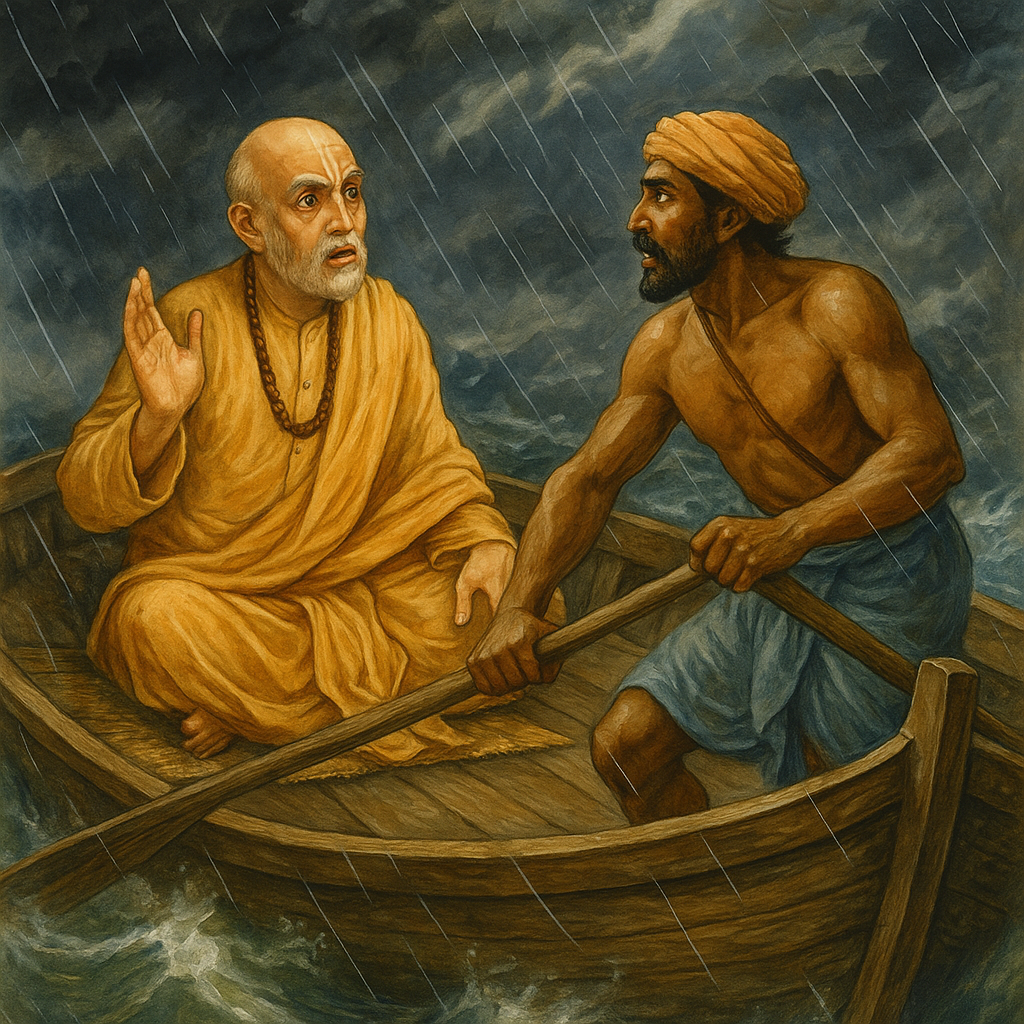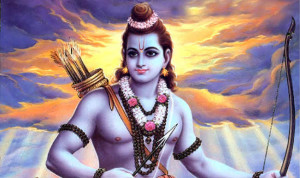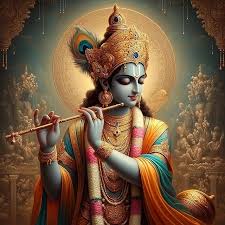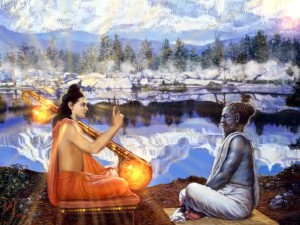Story from Śrīmad-Bhāgavatam Lecture 2.1.6, Paris, June 14, 1974
A Learned Man’s Pride Meets Simplicity
Once upon a time, in the beautiful land of Bengal where rivers thread the earth like sacred garlands, a learned scholar from the city of Calcutta was returning to his ancestral village by boat. In those days, boats were the primary means of transport across the expansive waters of Bengal.
As the boat glided over the river, the scholar, puffed up with pride in his erudition, decided to show off his knowledge. He turned to the humble boatman, who was steadily rowing, and asked:
“Boatman, do you know anything about astronomy? Can you explain the stars in the sky and their movements?”
The boatman, simple-hearted and unlettered, replied with folded hands, “No, sir. I am just a poor man. I only know how to row this boat.”
The scholar smirked and said, “Oh, then 25 percent of your life is wasted! You do not know the science of the heavens!”
A little while later, the scholar again queried, “Do you know geology? Can you explain how the earth and water interact? The science behind the structure of this world?”
Again, the boatman bowed his head and said, “Sir, I do not know any of this. I only know how to serve travelers by ferrying them.”
The scholar laughed haughtily and said, “Then you have lost 50 percent of your life!”
The Storm Tests Real Knowledge
Just as he was preparing for his next question, the sky turned dark. Thick clouds gathered. Thunder cracked across the horizon and a fierce storm broke out. The boat rocked violently amidst the rising waves and the winds howled.
The boatman, now concerned for their safety, turned to the scholar and asked, “Sir, do you know how to swim?”
The scholar, terrified, cried out, “No! I never learned!”
The boatman sighed deeply and replied, “Then, sir, I’m afraid you have lost 100 percent of your life!”
Saying this, the boatman jumped into the river, using his skill to swim safely to shore. The scholar, drowning in the pride of his theoretical knowledge, could not save himself and perished in the river.
Lesson to Be Learned: True Knowledge Is That Which Saves Us
This seemingly humorous tale carries a profound spiritual message. Knowledge that does not help us at the moment of crisis — especially at the time of death — is ultimately of little value.
As Śrīla Prabhupāda explained in his commentary on this story:
“One may be a great scholar, a geologist, an astronomer, or a philosopher, but if he does not know how to save himself from the clutches of death, his knowledge is incomplete.”
The real purpose of education is self-realization, to understand the soul’s eternal nature and its relationship with the Supreme Personality of Godhead, Śrī Kṛṣṇa. All other forms of knowledge, though useful in material dealings, cannot save the soul from the repetition of birth and death.
Śrīmad-Bhāgavatam (1.2.10) declares:
kāmasya nendriya-prītir
lābho jīveta yāvatā
jīvasya tattva-jijñāsā
nārtho yaś ceha karmabhiḥ
“Life’s desires should never be directed toward sense gratification. One should desire only a healthy life or self-preservation, since the purpose of human life is to inquire into the Absolute Truth. Nothing else should be the goal of one’s work.”
Origin of the Story:
Narrated by Śrīla A.C. Bhaktivedānta Swami Prabhupāda in his Śrīmad-Bhāgavatam lecture (2.1.6) in Paris, June 14, 1974, citing Śrīla Satsvarūpa Mahārāja who wrote this in Back to Godhead magazine.



